Learn how to reframe limiting beliefs creating a scarcity mindset to empowering, success beliefs that support an abundance mindset.
In the pursuit of abundance, wealth, and prosperity, the battle often isn’t against external challenges but against the limiting beliefs we harbor within.
In this article, we delve into the realms of reframing limiting beliefs into success beliefs and the profound impact of mindset on our perception of wealth.
From navigating the dichotomy of abundance and scarcity mindsets to overcoming self-limiting beliefs, we help you imagine a life free from the constraints of scarcity thinking, where opportunities abound, and success is not a privilege but a birthright.
Contents
What are limiting beliefs and why are they important?
Limiting beliefs are deeply ingrained convictions or assumptions that individuals hold about themselves, others, or the world around them.
These beliefs are often negative and can constrain personal growth, success, and overall well-being. They shape perceptions, influence behavior, and create self-imposed barriers to fulfilling one’s potential.
The importance of understanding and overcoming limiting beliefs lies in their significant impact on various aspects of life:
- Stifling Potential: Limiting beliefs can restrict individuals from pursuing their goals and realizing their full potential. They create mental barriers that hinder personal and professional growth.
- Impact on Behavior: These beliefs shape behavior and decision-making. Individuals may avoid taking risks or exploring new opportunities due to the fear associated with their limiting beliefs.
- Self-Fulfilling Prophecy: Limiting beliefs often become self-fulfilling prophecies. If someone believes they are destined to fail, they may unconsciously engage in behaviors that lead to failure, reinforcing the negative belief.
- Affecting Mental Health: Limiting beliefs contribute to negative thought patterns, leading to stress, anxiety, and low self-esteem. Over time, these mental health challenges can have a cascading effect on overall well-being.
- Interpersonal Relationships: Negative beliefs about oneself or others can impact relationships. For example, a belief that one is unworthy of love may lead to self-sabotaging behaviors in relationships.
- Professional Success: In the workplace, limiting beliefs can hinder career advancement. Believing that one is not capable of certain tasks or promotions can lead to missed opportunities.
Clearing limiting beliefs involves self-awareness, challenging negative thought patterns, and fostering a positive mindset.
By recognizing and replacing these beliefs with empowering and constructive ones, individuals can open themselves up to new possibilities, greater resilience, and a more fulfilling life.
Where do limiting beliefs come from?
Limiting beliefs can originate from various sources, including:
- Upbringing and Childhood: Early experiences and messages from family, caregivers, or authority figures can shape beliefs about oneself and the world.
- Cultural and Societal Conditioning: Societal norms, cultural expectations, and prevailing attitudes can influence individuals to adopt certain beliefs about success, wealth, and personal worth.
- Traumatic Experiences: Past traumas or failures may contribute to the development of limiting beliefs, impacting confidence and self-perception.
- Educational Environment: Feedback received during education, comparisons with peers, or grading systems can shape beliefs about one’s abilities and potential.
- Media Influence: Media portrayals of success, beauty standards, and societal expectations can contribute to the adoption of limiting beliefs about what is achievable or acceptable.
- Personal Interpretations: Individuals may draw conclusions based on their interpretations of events, often forming beliefs that influence their decisions and actions.
Understanding the origins of limiting beliefs is essential for challenging and transforming them. This journey to healing a scarcity mindset begins with understanding how to replace the invisible chains of limiting beliefs with success beliefs that support an abundance mindset.
Through self-awareness and intentional efforts, we can replace limiting beliefs with empowering and constructive ones.
How to reframe a scarcity mindset into an abundance mindset
In this article, we examine some of the most common limiting beliefs that are keeping you in a scarcity mindset and how to reframe them with success beliefs that support an abundance mindset.
In this list of common limiting beliefs about money, abundance, and success, we challenge preconceptions and transcend self-imposed limitations to embrace an abundance mindset in a world often colored by scarcity thinking.
Limiting Belief #1: “Money is the root of all evil.”
Success Belief: “Money is a tool that allows me to create positive change and enhance my life and the lives of others.”
The limiting belief that “Money is the root of all evil” often traces its origins to cultural, religious, or societal influences. This phrase is a misquotation from the Bible, where the actual text states, “For the love of money is the root of all evil” (1 Timothy 6:10).
Misinterpretations, combined with cultural narratives, can lead individuals to form negative beliefs about wealth. Social conditioning, family values, and experiences with financial struggles may also contribute.
Recognizing and challenging these origins can pave the way for a healthier perspective on money and its role in one’s life. Expanding on this involves recognizing that money, in itself, is neutral; it takes on the character of its possessor.
When seen as a tool for good, individuals can use financial resources to support meaningful causes, invest in personal growth, and contribute to the well-being of others. This shift allows for a healthy relationship with money and the empowerment to make a positive impact in the world.
Limiting Belief #2: “I must sacrifice my happiness for success.”
Success Belief: “I can achieve success while maintaining balance and enjoying the journey. Happiness is integral to my success.”
The belief that “I must sacrifice my happiness for success” often stems from societal conditioning, cultural expectations, and personal experiences. It may be influenced by a work ethic that prioritizes hard work and perseverance at the expense of personal well-being.
Cultural narratives romanticizing the idea of struggling for success can contribute to this belief. Additionally, past experiences of witnessing others sacrificing happiness for achievements or personal setbacks may reinforce this mindset.
Recognizing the origin of this self-limiting belief allows us to challenge it and seek a more balanced and holistic approach to success that includes well-being and fulfillment.
In challenging the notion that success demands the sacrifice of happiness, a transformative mindset shift unfolds. Success is not a mere endpoint; it’s a continuous journey.
Integrating happiness into goal pursuit becomes the linchpin, fostering a positive and sustainable approach to success. The revelation lies in balancing personal well-being with professional achievements, crafting a life that resonates with fulfillment and harmony.
This shift transcends the traditional narrative, affirming that true success encompasses joy, making each step of the journey a rewarding and meaningful experience.
Limiting Belief #3: “I am defined by my past mistakes.”
Success Belief: “I learn and grow from my experiences. Each day is an opportunity for positive change and personal development.”
The belief that “I am defined by my past mistakes” often arises from personal experiences, self-perception, and societal expectations. Past failures or missteps can leave lasting imprints on one’s self-image.
Social pressures to conform to a standard of perfection may contribute to this belief. It’s essential to recognize that mistakes are part of the human experience and don’t define an individual’s worth.
Addressing the origin of this belief involves reframing mistakes as opportunities for growth and learning rather than as indicators of identity. Embracing self-acceptance, self-compassion, and understanding allows for a healthier perspective on personal history.
To embrace an abundant mindset here is to recognize that mistakes are stepping stones to learning and growth. Releasing the belief that past actions determine one’s worth opens the door to focusing on the present and future.
This shift cultivates resilience and fosters a positive attitude toward personal development, transforming each day into a canvas for continuous improvement and positive change.
The journey becomes a dynamic evolution, where every experience, no matter how challenging, contributes to the tapestry of personal growth and enduring self-discovery.
Limiting Belief #4: “I can’t pursue my passion and make a living.”
Success Belief: “I can align my passion with purpose and create a fulfilling career that also supports my financial well-being.”
The belief that “I can’t pursue my passion and make a living” often originates from a combination of societal norms, financial concerns, and personal fears. Cultural expectations that prioritize traditional career paths and financial stability may contribute to this belief.
Personal experiences or observations of others facing challenges in pursuing unconventional paths can also influence it. Financial concerns and the fear of instability may amplify the belief that passion and a sustainable income are incompatible.
Challenging this belief involves exploring possibilities, seeking examples of individuals who have successfully merged passion with a livelihood, and developing a realistic plan to align personal interests with financial sustainability.
Encouraging this mindset shift prompts individuals to venture into exploring ways to seamlessly integrate their passion into their professional lives. Aligning passion with purpose isn’t just a possibility; it’s a transformative journey.
This shift opens avenues to construct a career that not only ensures financial stability but also resonates with personal aspirations, providing a profound sense of purpose and satisfaction.
It’s the realization that one can thrive professionally while staying true to their passions, unlocking a pathway where work becomes a source of both livelihood and personal fulfillment.
Limiting Belief #5: “I’m not smart or talented enough to succeed.”
Success Belief: “I have unique skills and talents. Continuous learning and effort lead to growth, and I can achieve success through dedication.”
The belief that “I’m not smart or talented enough to succeed” often originates from a combination of personal experiences, comparisons with others, and societal standards. Early life experiences, educational environments, or past setbacks may contribute to feelings of inadequacy.
Social comparisons and cultural standards of success can also play a role in shaping this belief. It’s crucial to recognize that intelligence and talent are not fixed traits but can be developed through effort and learning.
Challenging this belief involves acknowledging personal strengths, setting achievable goals, and embracing a growth mindset that fosters continuous improvement and learning. Nurturing an abundant mindset in this sphere revolves around acknowledging and celebrating individual strengths.
Embracing the notion that intelligence and talent are malleable through ongoing learning and effort empowers individuals to transcend self-doubt. This mindset cultivates a growth-oriented perspective, transforming challenges into opportunities for advancement.
By recognizing the inherent uniqueness within, individuals embark on a journey of self-discovery, fueling their dedication to success through an ever-evolving process of learning, growth, and unwavering belief in their potential.
Limiting Belief #6: “I must conform to others’ expectations to be accepted.”
Success Belief: “I am authentic to myself. My uniqueness is a strength that attracts positive connections and opportunities.”
The belief that “I must conform to others’ expectations to be accepted” often originates from social and cultural influences, family dynamics, and a desire for approval.
Early experiences of seeking validation and acceptance can contribute to this belief, as can societal norms and expectations. Fear of rejection or judgment may drive individuals to prioritize fitting in over expressing their authentic selves.
Challenging this belief involves recognizing the value of authenticity, understanding that true connections arise from being genuine, and fostering self-acceptance. Embracing one’s uniqueness can lead to more fulfilling and meaningful relationships based on mutual understanding and acceptance.
This transformative mindset shift champions the embrace of authenticity. Acknowledging that genuine connections thrive on authenticity, not conformity paves the way for cultivating meaningful relationships.
This shift goes beyond surface interactions, allowing individuals to attract opportunities aligned with their true selves.
By remaining authentic, individuals create a magnetic force that draws positive connections and opens doors to opportunities that resonate with the essence of their genuine selves, fostering a life rich in fulfillment and purpose.
Limiting Belief #7: “Success is only for lucky people.”
Success Belief: “Success is a result of hard work, perseverance, and seizing opportunities. I create my luck through preparation and positive actions.”
The belief that “Success is only for lucky people” often arises from a combination of personal experiences, comparison with perceived external success, and a mindset that minimizes individual agency.
Observing others’ achievements and attributing them solely to luck can contribute to this belief. Personal setbacks or challenges may reinforce the notion that success is outside one’s control.
Challenging this belief involves acknowledging the role of effort, perseverance, and preparedness in success. Recognizing and celebrating one’s achievements, no matter how small helps shift the mindset toward an understanding that success is attainable through intentional actions and a proactive approach.
Transitioning to an abundant mindset requires recognizing that success is intricately tied to diligent effort, resilience, and preparedness.
By approaching challenges as opportunities for growth and taking proactive steps, individuals redefine luck as an outcome of their actions rather than an external force.
This shift empowers individuals to shape their destiny through intentional efforts, fostering a sense of control and purpose on their journey toward success.
Limiting Belief #8: “Life is short. There’s not enough time.”
Success Belief: “Time is a construct. We are eternal beings.”
The belief that “Life is short. There’s not enough time” often stems from a perception of time as a limited resource and may be influenced by societal expectations, personal pressures, or a fear of missing out.
The fast-paced nature of modern life and the emphasis on achieving milestones within specific time frames can contribute to this belief. Challenging this mindset involves recognizing that time is a construct, and one can prioritize and manage it effectively.
Embracing the present moment, setting realistic goals, and focusing on meaningful experiences can help reframe this limiting belief to one that values the richness and depth of each moment in life.
Viewing time as a scarce resource can induce stress, but embracing an abundance mindset involves understanding that time is a human construct and that our existence extends beyond the constraints of a linear timeline.
Treating time as a tool, not a limitation, promotes a relaxed, purposeful life. Prioritizing tasks, setting realistic goals, and staying present optimize time use. Acknowledging our eternal nature fosters patience, mindfulness, and a profound appreciation for present and future experiences.
Limiting Belief #9: “I can’t trust others; they will take advantage of me.”
Success Belief: “I attract trustworthy and supportive individuals into my life. Collaboration and shared success are built on trust and mutual respect.”
The belief that “I can’t trust others; they will take advantage of me” often originates from past betrayals, personal insecurities, or a fear of vulnerability. Negative experiences of broken trust may lead to a generalization that others are untrustworthy.
It can also be influenced by a defensive mechanism to protect oneself from potential harm. Challenging this belief involves recognizing that not everyone is the same and that healthy relationships are built on trust.
Gradual steps towards vulnerability, clear communication, and fostering connections with trustworthy individuals can help shift this limiting belief towards a more balanced and positive perspective on interpersonal relationships.
Embracing an abundant mindset requires acknowledging the potential for positive and collaborative relationships. Cultivating trust and surrounding oneself with supportive individuals become the cornerstone for achieving more collectively than alone.
This mindset shift fosters a sense of community, where collaboration becomes the catalyst for shared success, propelling individuals toward their goals with a collective spirit and mutual respect.
Limiting Belief #10: “There’s only one path to success, and I must follow it.”
Success Belief: “There are multiple paths to success. I am open to exploring new opportunities. I adapt and find innovative solutions along the way.”
The belief that “There’s only one path to success, and I must follow it” often arises from societal expectations, rigid thinking, and a fear of deviation. Cultural norms and traditional definitions of success may contribute to this belief, pressuring individuals to conform to a predetermined route.
Challenging this mindset involves recognizing the diversity of paths to success, embracing adaptability, expanding your comfort zone, and fostering a belief in personalized journeys.
Accepting that success can be achieved through various routes allows individuals to explore their unique strengths and passions, paving the way for a more fulfilling and authentic pursuit of their goals.
Encouraging this mindset shift prompts individuals to welcome flexibility and creativity on their journey to success. Acknowledging the existence of diverse paths allows for navigating challenges with resilience, adaptability, and an open-minded approach to new opportunities.
This transformative shift empowers individuals to embrace the dynamic nature of their journey, fostering a mindset that thrives on innovation and a willingness to explore uncharted territories.
Limiting Belief #11: “There’s not enough for everyone.”
Success Belief: “There is always enough for my needs.”
The limiting belief that “There’s not enough for everyone” often stems from a scarcity mindset, where individuals perceive resources as finite and believe that for one person to succeed, another must fail.
It may be influenced by societal competition, fear of lack, or past experiences of scarcity. To shift towards an abundance mindset, it’s crucial to recognize that the universe is abundant, and there is more than enough to go around.
Challenging this mindset involves recognizing the abundance of resources and opportunities available. Shifting towards an understanding that needs can be met and that there’s room for collective success encourages a positive perspective.
Embracing cooperation, collaboration, and gratitude helps replace this belief with the understanding that abundance is not a zero-sum game, fostering a sense of sufficiency and shared prosperity.
Embrace the idea that needs will be met, fostering gratitude and attracting positivity. Replace the zero-sum belief with sufficiency, appreciating what you have and envisioning a future of abundance where needs are exceeded.
Limiting Belief #12: “I need to compete for what I need.”
Success Belief: “The top people are collaborating, not competing.”
The belief that “I need to compete for what I need” often arises from a competitive mindset and societal conditioning emphasizing scarcity. Believing in cutthroat competition for scarce opportunities is a limiting belief that can lead to stress and an adversarial approach to achieving goals.
Challenging this mindset involves embracing collaboration over competition. Recognizing that success often arises from cooperation and shared efforts with others fosters a more positive and fulfilling journey.
Successful individuals value partnerships, cooperation, and shared goals. Shifting to collaboration allows individuals to tap into diverse strengths, pool resources, and create synergies, contributing to mutual success.
Cultivating a collaborative mindset enables tapping into diverse strengths, pooling resources, and creating synergies for mutual benefit.
This mindset change encourages networking, building positive relationships, and viewing others as collaborators rather than competitors, transforming success into a shared journey rather than an isolated competition.
Limiting Belief #13: “I don’t deserve success and abundance.”
Success Belief: “I am inherently deserving of success and abundance.”
The belief that “I don’t deserve success and abundance” often originates from self-doubt, past failures, or societal conditioning suggesting only certain individuals are worthy of prosperity.
Many people grapple with the belief that they aren’t worthy of success, hindering goal pursuit. Stemming from self-doubt or societal conditioning, this notion can be replaced with the understanding that everyone deserves success.
Challenging this belief involves recognizing the inherent worth and cultivating an abundance mindset. By appreciating unique talents, skills, and contributions, individuals shift towards acknowledging their own value.
Celebrating personal achievements reinforces a foundation of self-worth, confidence, and resilience, unlocking opportunities and possibilities.
Acknowledging unique talents and embracing the idea that success isn’t exclusive empowers individuals. Embracing the idea that success is not reserved for a privileged few empowers individuals to pursue aspirations confidently.
Positive affirmations, self-reflection, and a supportive community aid in replacing this belief with one supporting abundance. Recognizing inherent worth unlocks opportunities, leading to a proactive and fulfilling life.
Limiting Belief #14: “Opportunities are scarce.”
Success Belief: “Opportunities are abundant and constantly unfolding around me.”
The belief that “Opportunities are scarce” often stems from a scarcity mindset, perceiving limited chances for success. Influenced by fear and past experiences, this belief can hinder exploration and growth.
Challenging this mindset involves recognizing the abundance of opportunities. Shifting towards an understanding that opportunities are ever-present and diverse encourages proactive exploration.
Embracing a mindset of abundance allows individuals to see possibilities in challenges, fostering resilience and a positive outlook.
By cultivating openness, and creativity, and seizing each moment, individuals can replace the limiting belief in scarcity with a belief that opportunities are abundant and continually unfolding.
Stay open-minded and proactive, remembering that “there’s always another bus coming.” Embrace the multitude of possibilities aligning with your goals; each moment is a chance for growth and success. Be ready to seize the plentiful opportunities that come your way.
Understand that opportunities abound, viewing the world as a vast reservoir of potential. Navigate life with optimism and readiness, recognizing that, much like buses, opportunities are limitless and await your discovery and fulfillment at every turn.
Now that you have the keys to breaking free from the scarcity mindset that hinders your potential, it’s time to rewrite your narrative and step into a realm of abundant and limitless possibilities.
Abundance Mindset Tips & Tools
- Free Success Formula Webcast with Jack Canfield
- Mary Morrissey’s Free Ignited Self Vision Board Kit
- Free Manifesting Masterclass with Mary Morrissey
- Mary Morrissey’s Free Manifestation Meditation
- Free Abundance Courses to Manifest Monetary Abundance
- Change Limiting Beliefs Audio Hypnosis Course
- Abundance Mentality Hypnosis: Stop Scarcity Mindset
- 10 Steps to a Stellar Success Mindset Course
- How To Manifest Something Quickly (And What’s Stopping You)
- How To Attract Money: 8 Law of Attraction Money Manifestation Tips
- 3 Powerful Law of Attraction Techniques to Transform Your Reality
- 3 Powerful Steps to Start Manifesting Your Dream Life
- How To Use The Law Of Attraction For Business Success
- 10 Best Ways to Raise Your Vibration (with High Vibrational Quotes)
- 10 Good Life Habits to Rewire Your Brain for Positivity & Success
- How To Use Feng Shui To Attract Money, Success & Wealth
- Become A Successful Person: 12 Success Habits of Successful People
- Top 10 Counterintuitive Rules Of Success In Life
- How To Unlock Your Potential With a Free Personality Test
- How To Be Famous And Get Recognition In Your Industry
- How To Grow Your Personal Power & Live Your Life To The Fullest
© 2023 – 2024, Priya Florence Shah. All rights reserved.
Priya Florence Shah is a bestselling author and an award-winning blogger. Check out her book on emotional self-care for women. Priya writes short stories and poetry and chills with her two-legged and four-legged kids in her spare time.
Discover more from Business & Branding Tips
Subscribe to get the latest posts sent to your email.



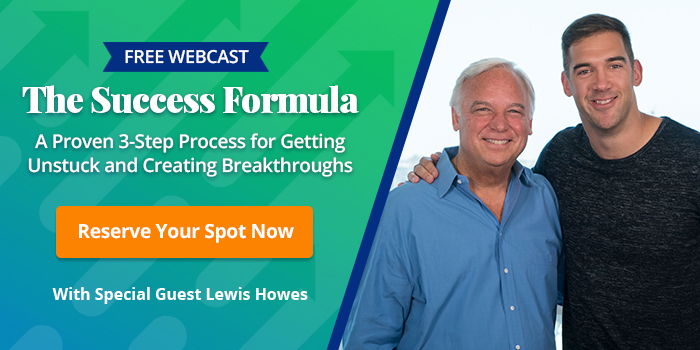

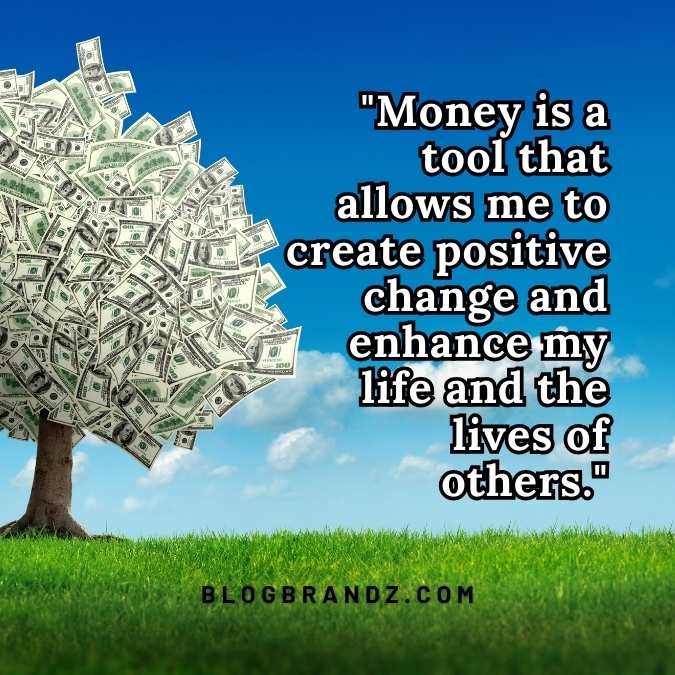
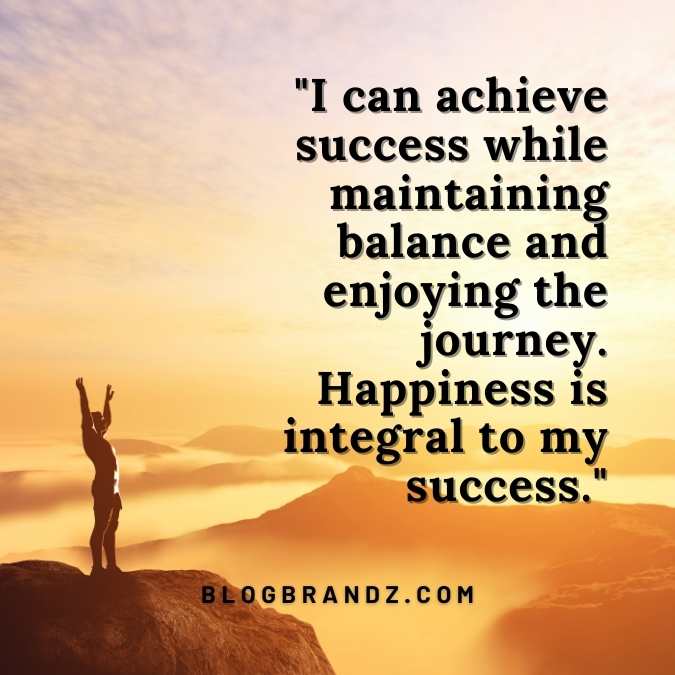
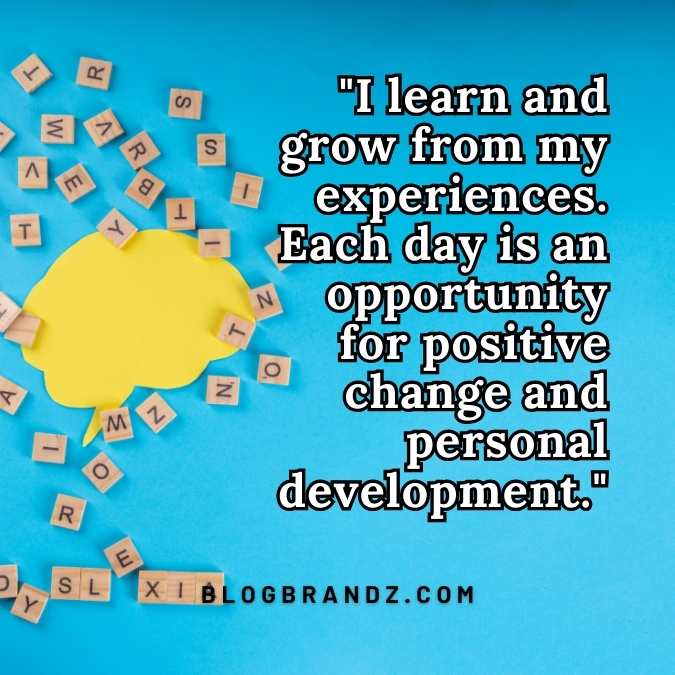

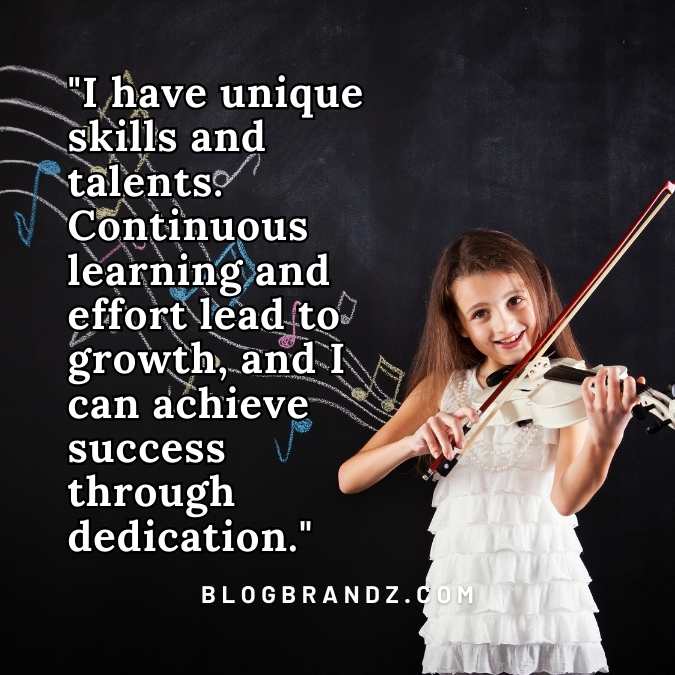

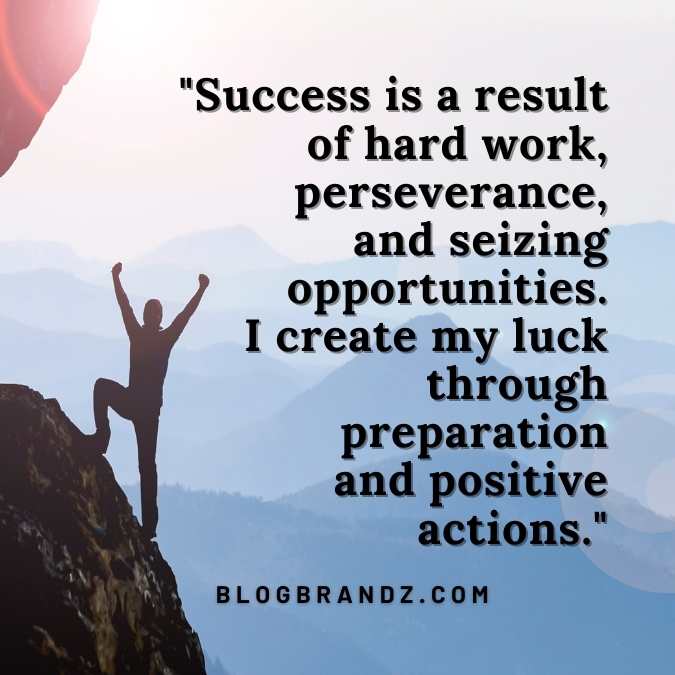
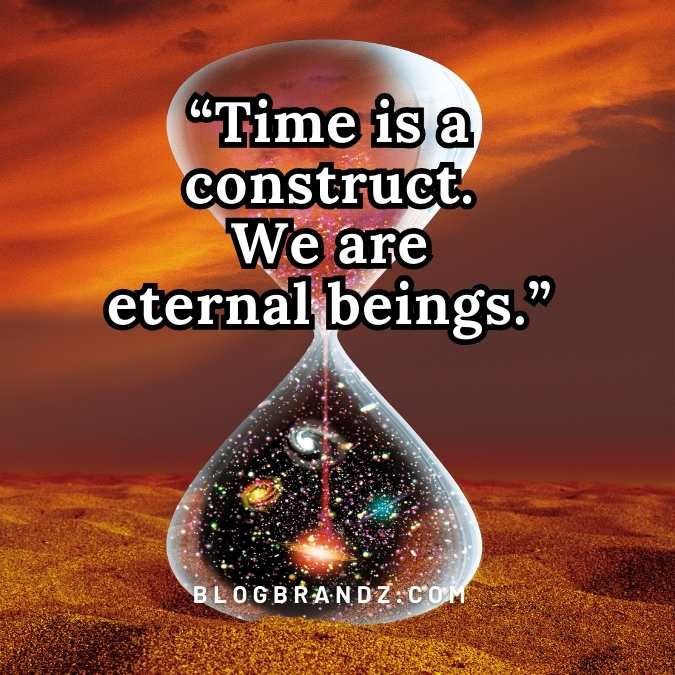

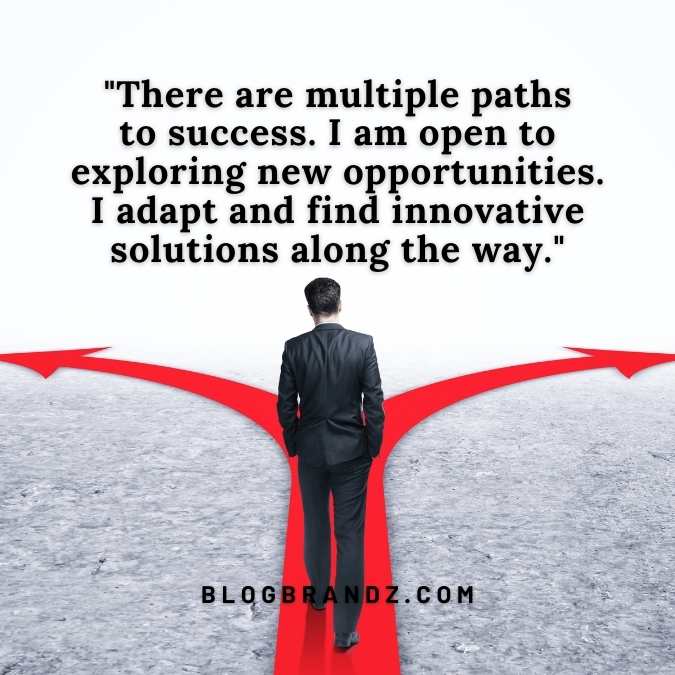

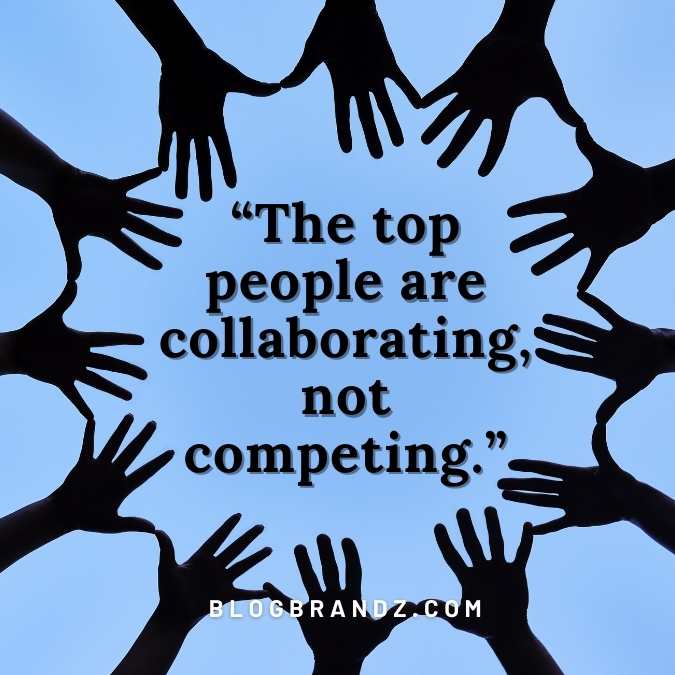




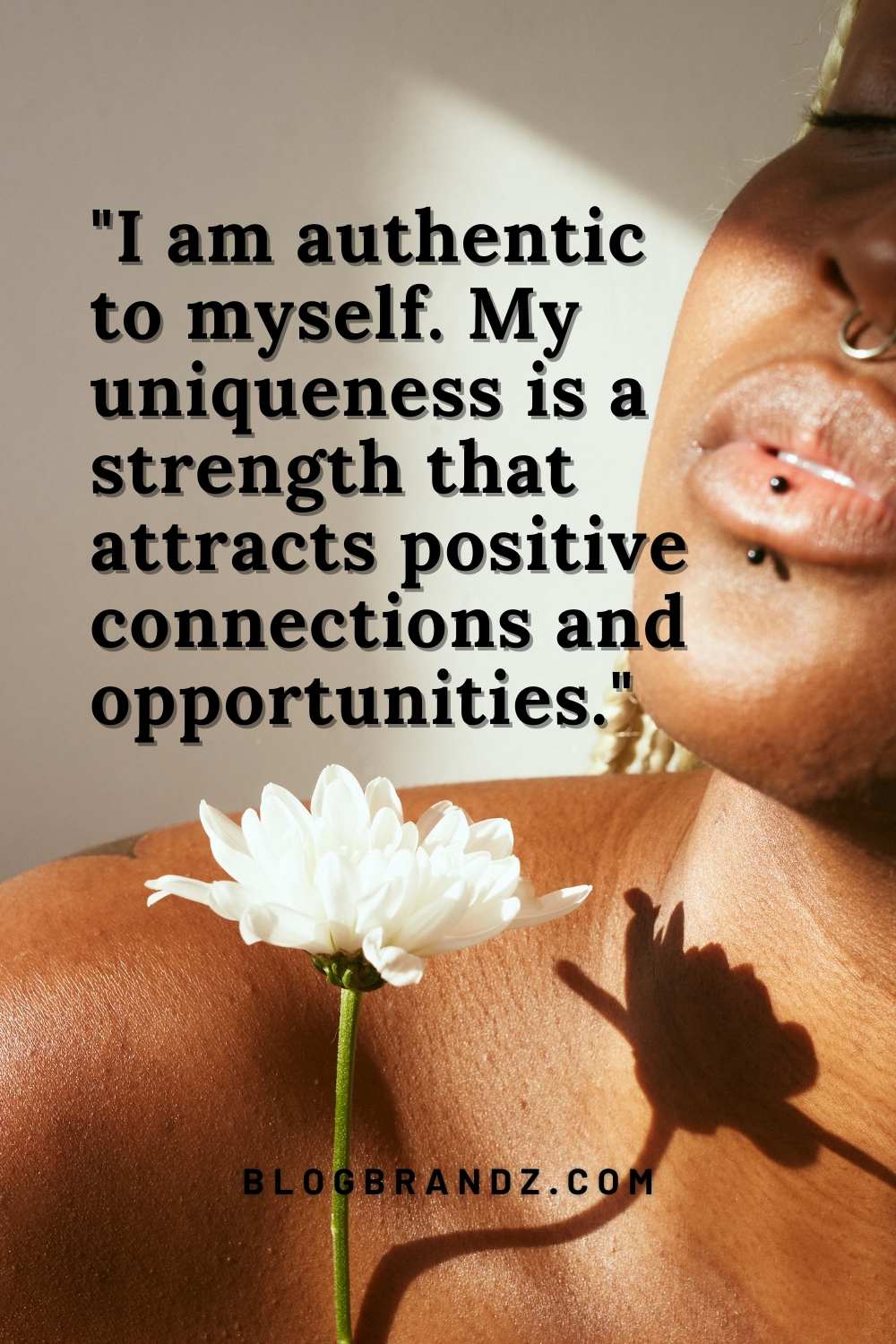

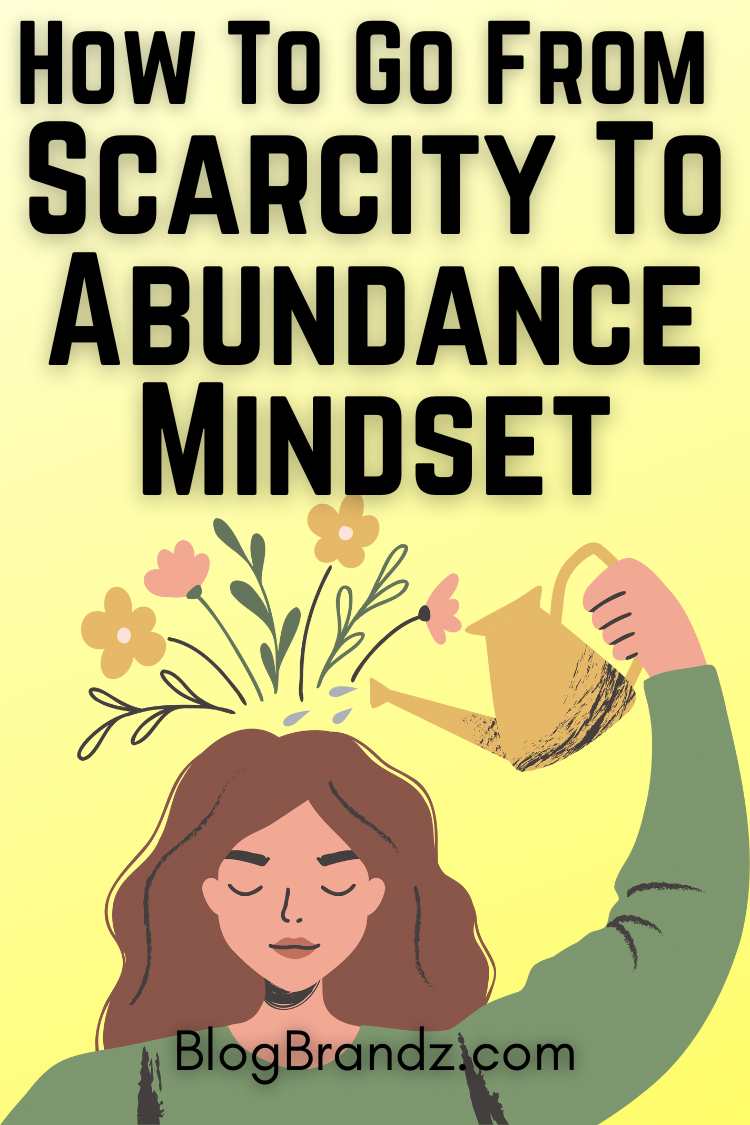
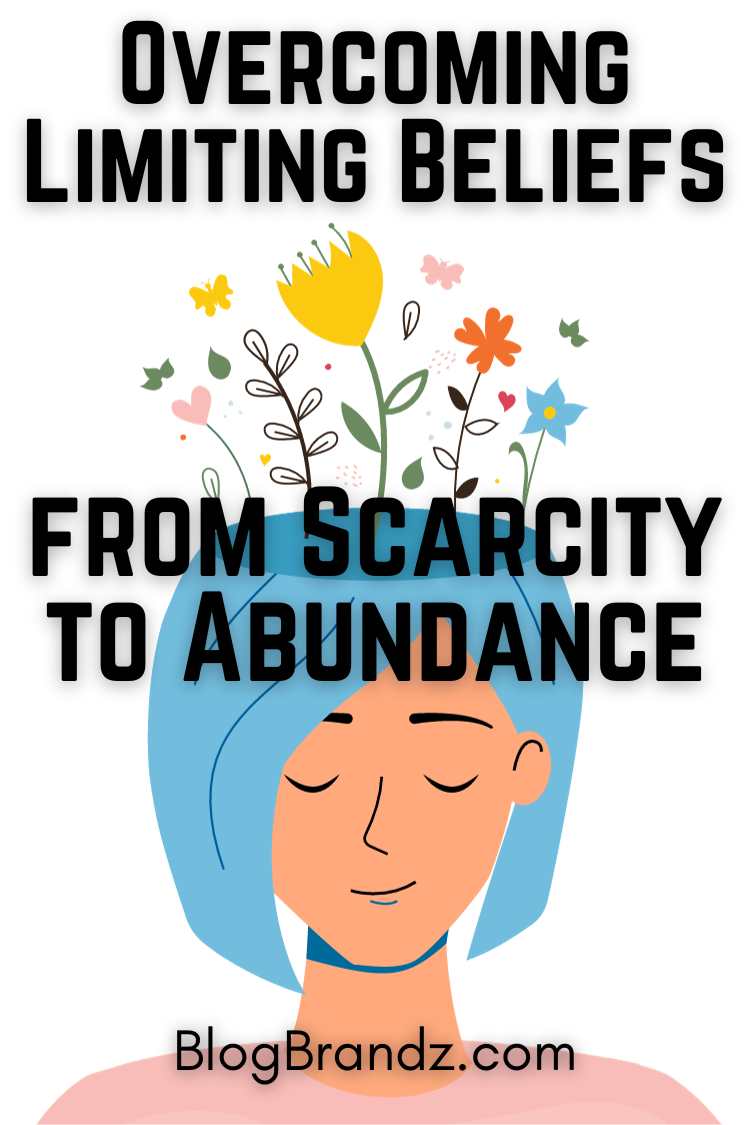


Thanks for sharing practical tips for earning money online. click here for proven strategies.